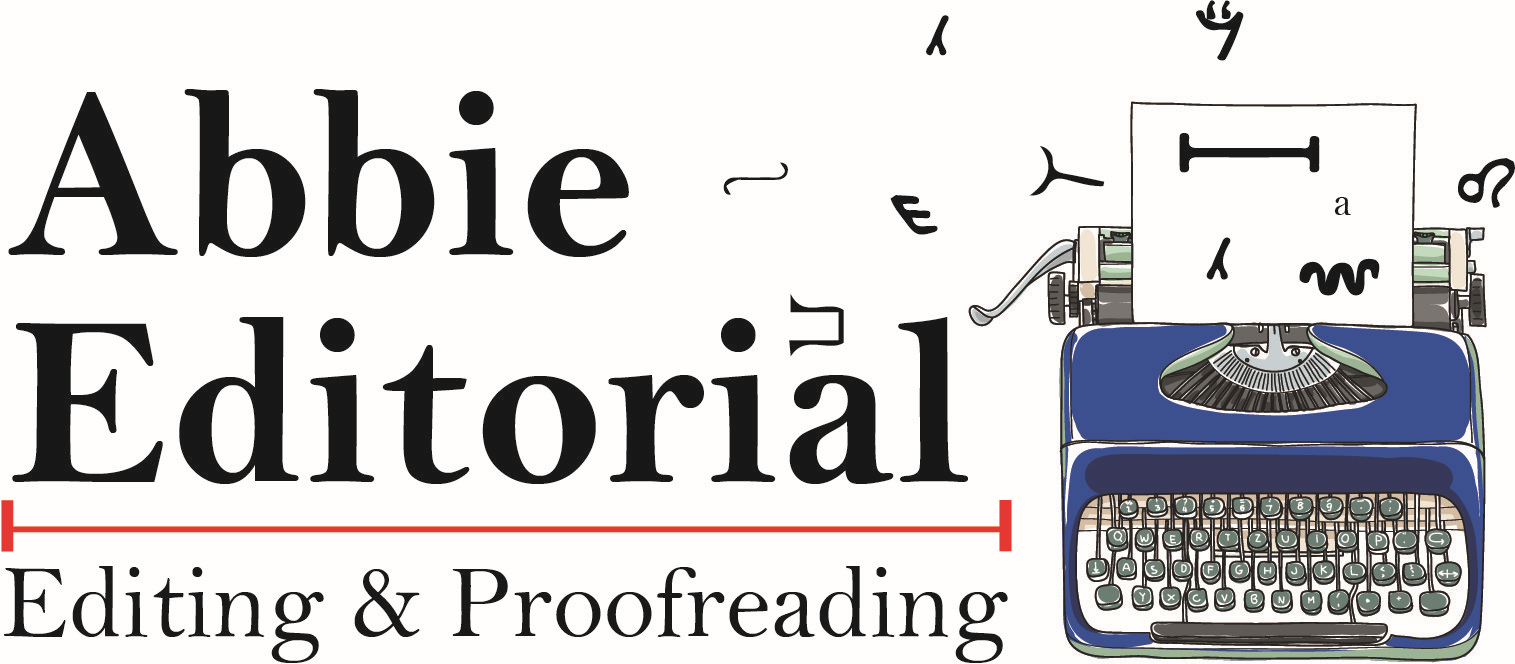How to use hyphens, en dashes and em dashes

English grammar can be a strange beast and sometimes it feels a little unfathomable. Where else would you find a series of lines of varying lengths that do different things? (There may be a similar thing in maths, but I confess that I am absolutely rubbish with numbers so it will have passed me by.)
Hyphens, en dashes and em dashes can cause quite a bit of confusion, not only around how to use them but also how to actually produce one. The qwerty keyboard is modelled on the typewriter, and in the days when we click-clacked away on our typing machines and relied on Tippex to correct our mistakes, two or three hyphens were used to indicate the en and em dashes. You can create these two dashes without having to resort to pressing the hyphen/minus key numerous times, though, and I shall tell you how. To be honest, I don’t actually recall being taught about the dashes at school or during my RSA typewriting classes – although that was a long (long) time ago.
Anyway, I digress. Let's crack on with what we're here to talk about.
The Hyphen
The hyphen is the one we are most familiar with. It sits at the top right-hand side of the qwerty keyboard, between the number zero and the plus and minus sign.
So how is it used?
Numbers
Compound numbers are hyphenated when spelled out:
twenty-one, ninety-nine.
When describing someone’s name takes the compound noun or compound adjective form:
A one-year-old won the dog show
He is a one-year-old corgi.
Don’t hyphenate an age that takes the predicative-adjective form:
He is one year old.
Compound adjectives
These are single adjectives that are made up of more than one word. We hyphenate them when the modify a noun:
He is a well-known corgi.
If the adjective comes after the noun; however, we don’t hyphenate it (I know, it always has to become confusing!):
The corgi is well known.
Prefixes and suffixes
Words that have a prefix or a suffix take a hyphen:
Ex-boyfriend
President-elect
T-shirt
Self-confident
To avoid confusion
A hyphen can alter the meaning of a word:
The corgi resigned as a cattle herder
The corgi re-signed as a cattle herder.
(This corgi is very clever and can sign his name!)
The En Dash
The en dash is longer than the hyphen. It takes its name from the fact it is the length of a letter N. Of course, it doesn’t have a specific button on the qwerty keyboard, but can be created on a PC via CTRL + minus and on a Mac via Option + Minus (being a PC user, I have googled that so apologies if it’s wrong).
You’ll be pleased to hear that although it’s longer, it doesn’t have as many uses as the hyphen.
Parenthetical phrases
In the UK, spaced en dashes are used to separate a parenthetical phrase from its core sentence:
Thorin the corgi signed – he was a very clever corgi – a new contract to herd cattle.
Span or range
It can be used to replaced ‘to’ or ‘through’ in a range of numbers or terms (do not add a space):
Thorin agreed to herd cattle June–September, on Wednesdays 10am–1pm.
However, it is only correct to use an en dash when you don’t use words such as ‘from’ or ‘between’:
Thorin agreed to herd cattle from June to September, on Wednesdays from 10am to 1pm.
Connection or conflict
The en dash is also used to signify a connection or a conflict between things:
Mother–daughter relationship
Thorin felt 50–50 about the new job
The Russia–Ukraine conflict
The England–Ireland flight was delayed.
The Em Dash
You have probably guessed that the em dash is the length of a letter ‘M’. Despite being the longest dash, it is used the least, especially in the UK. On the qwerty keyboard you can create one by pressing CRTl + ALT + Minus on PC and Option + Shift + Minus on a Mac.
Parenthetical phrases
In the US the preference is for closed em dashes rather than spaced en dashes to separate parenthetical phrases:
Thorin the corgi signed—he was a very clever corgi—a new contract to herd cattle.
Interruption in dialogue
The em dash is often used to indicate a character has been interrupted mid-speech (although some publishers prefer to use the en dash for this – check their house style guide):
‘What do you mean my pay has been—’
‘I’m not talking about that now,’ said the farmer.
So there you have it. No need to worry about the hyphen, en and em dash anymore.
I hope you have found this helpful.
Happy writing!










